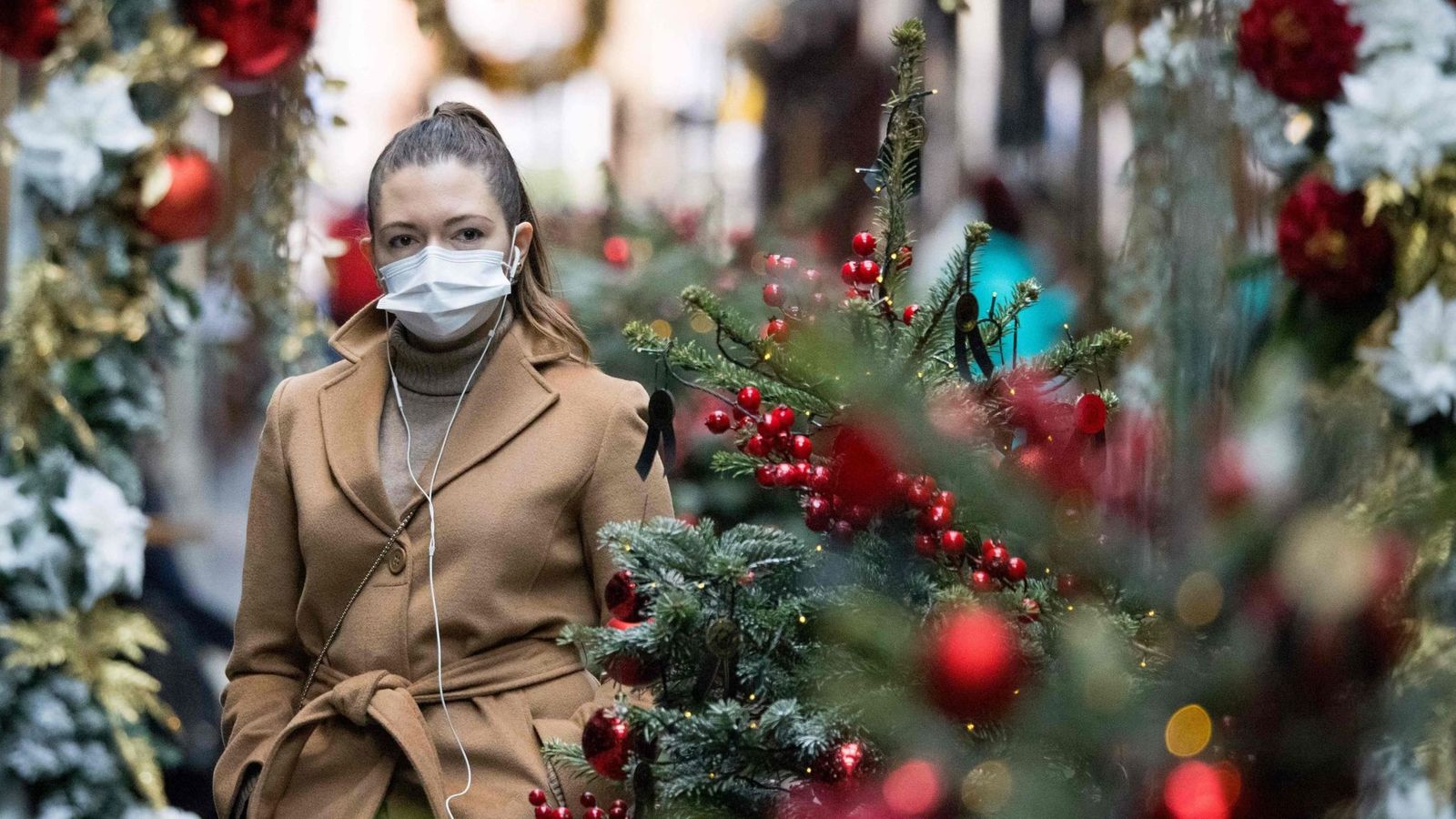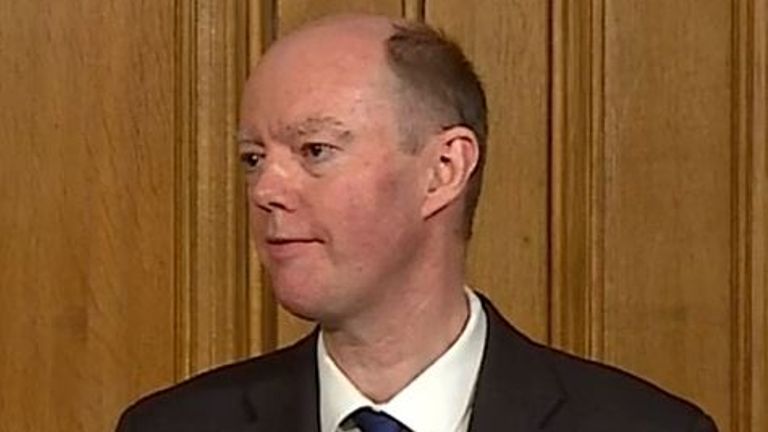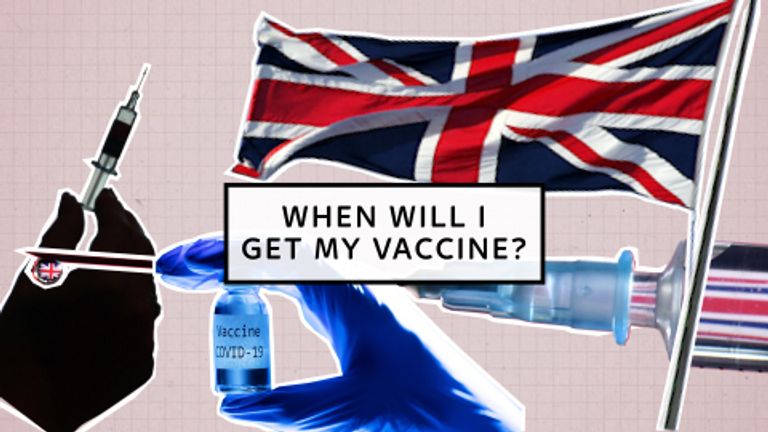COVID-19 will keep hospitals under continued strain in the coming months as new vaccines will only have a “marginal impact” on patient numbers over winter, the UK’s chief medical officers have warned.
In a letter written to healthcare colleagues, the group – which includes England’s Professor Chris Whitty – also said that festive gatherings were likely to put additional pressure on the NHS.
“Winter is always a challenging time for the NHS and wider health and social care service. This year will be especially hard due to COVID-19,” it said.
“Although the very welcome news about vaccines means that we can look forward to 2021 with greater optimism, vaccine deployment will have only a marginal impact in reducing numbers coming into the health service with COVID over the next three months.”
The letter was co-signed by Professor Whitty, Scotland’s Dr Gregor Smith, Dr Frank Atherton of Wales, and their Northern Ireland counterpart Dr Michael McBride.
It says that while recent lockdowns in all four nations, and public adherence to social distancing and other measures, had helped slow the spread, hospital admissions and deaths would likely remain high before the spring
“The actions and self-discipline of the whole population during lockdowns and other restrictions have helped reduce the peak and in most parts of the four nations hospital numbers are likely to fall over the next few weeks, but not everywhere,” the letter reads.
And it warns: “The social mixing which occurs around Christmas may well put additional pressure on hospitals and general practice in the New Year and we need to be ready for that.”
It comes as the first supplies of the Pfizer/BioNTech vaccine arrived in the UK in preparation for vaccinations to start from next Tuesday.
Government ministers said 800,000 doses would be available next week, with the over-80s and care home staff first in line to be vaccinated against the coronavirus.
The letter praised health workers for responding “magnificently” to the challenges of the pandemic and stressed the importance of continuing support for others within the profession.
But it added that it was “essential” that the next months were used to learn more about the virus to help inform treatments moving forward.
“We do not expect COVID to disappear even once full vaccination has occurred, although it will be substantially less important as a cause of mortality and morbidity,” it said.
“It is therefore absolutely essential that we use the next months to learn as much as we can as we expect COVID to be less common in the future.
“This will allow us to have the best chance of a strong evidence base for managing it over the coming years.”
Prime Minister Boris Johnson also warned Britons not to allow encouraging headlines about the pandemic, including Friday’s news that the UK’s R number had seemingly shrunk to a four-month low, to make them complacent.
Earlier it emerged that the government’s scientific advisers believe immunity from COVID-19 may only last for up to three months from the point of either infection or vaccination.




